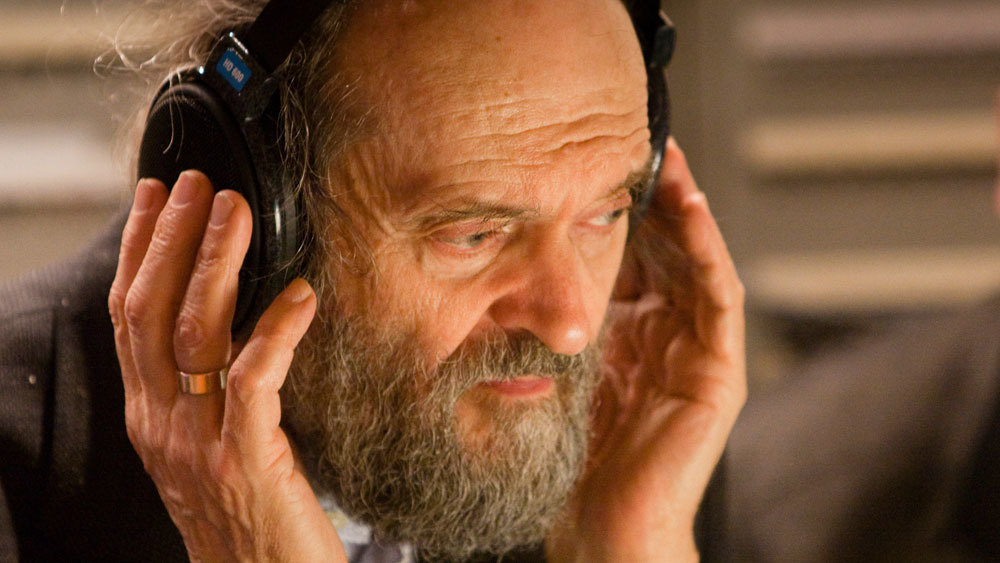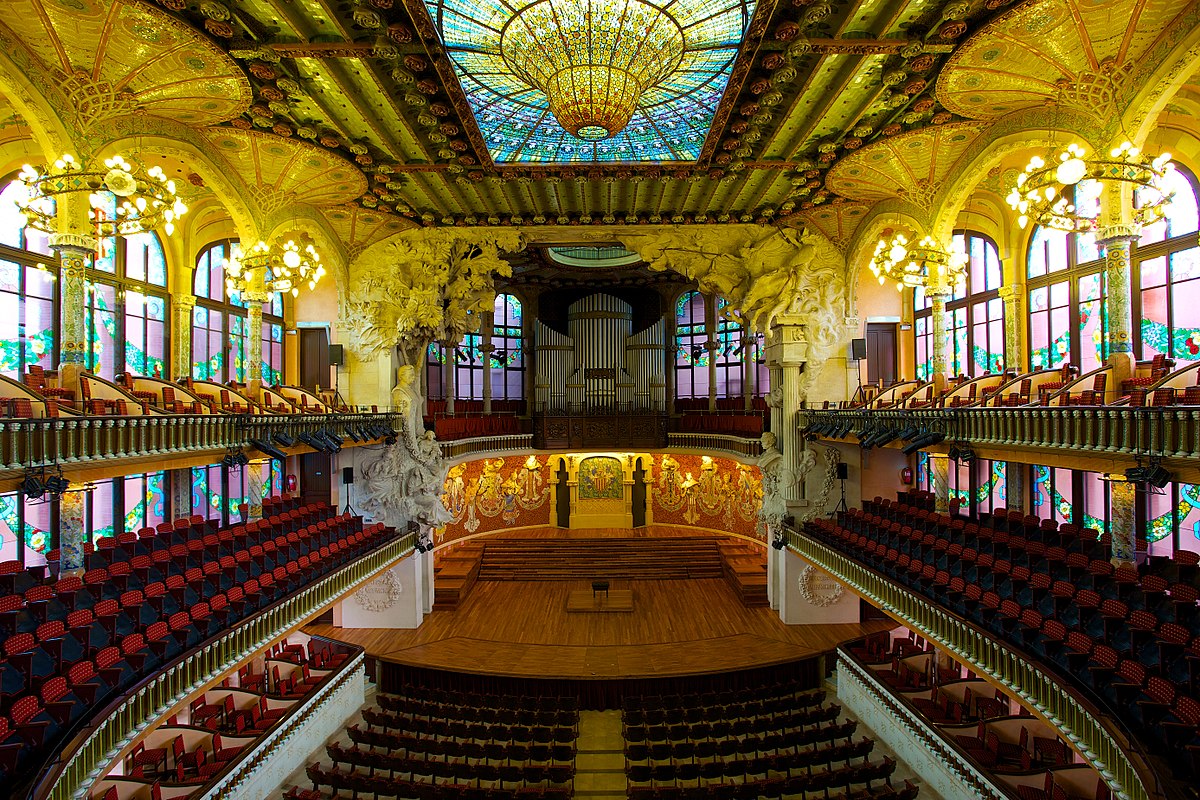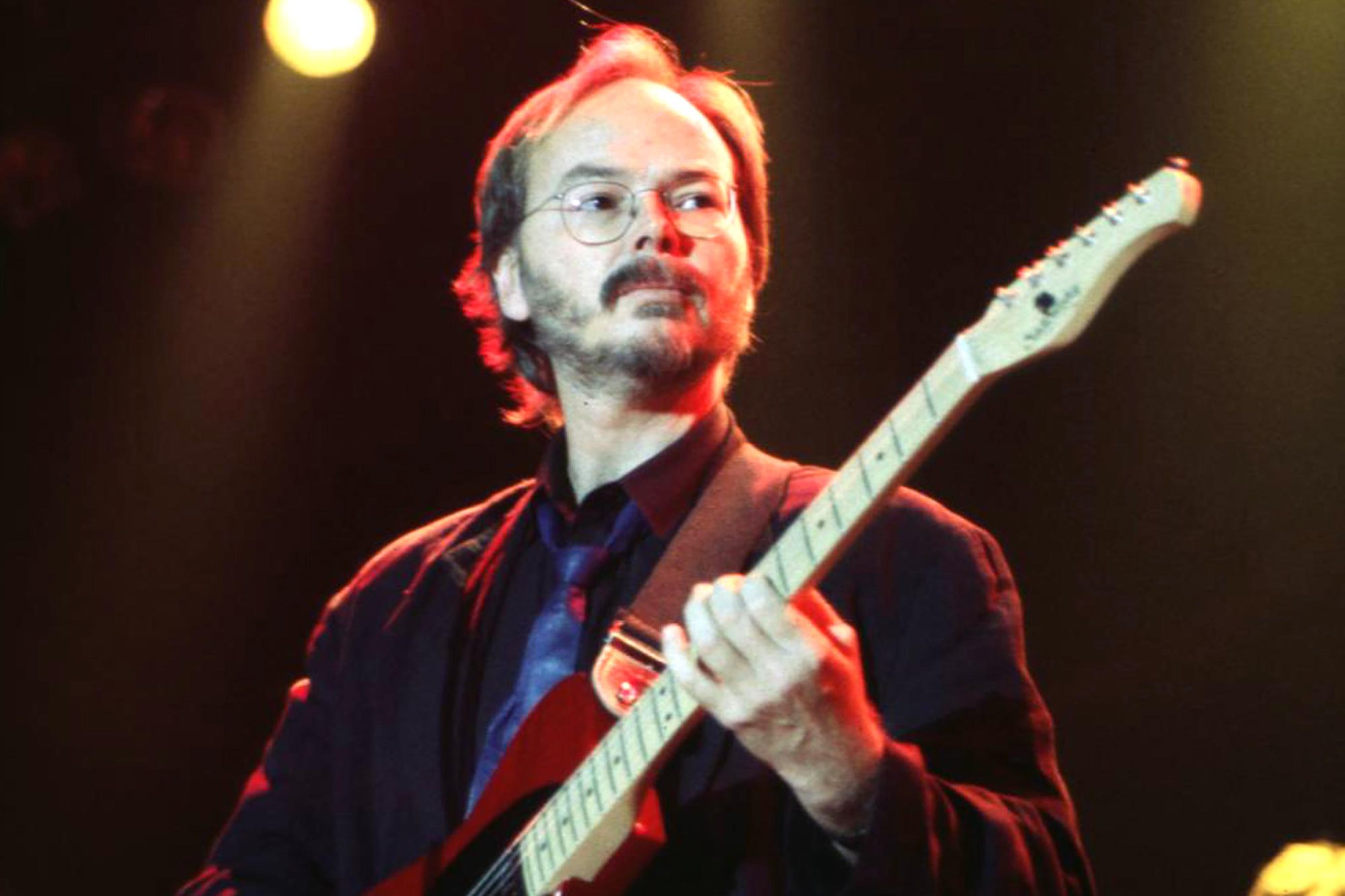New Release: “Troika,” Matt Haimovitz and Christopher O’Riley
Political dissent and the “Slavic soul” are at the heart of TROIKA, a new two-disc album by cellist Matt Haimovitz and pianist Christopher O’Riley on the Pentatone label. The recording features sonatas by three great twentieth century Russian composers: Shostakovich, Prokofiev, and Rachmaninov. Interspersed between this “troika” are shorter pieces, including the duo’s arrangement of the Troika movement from Prokofiev’s Lieutenant Kijé score and Rachmaninov’s Vocalise. The later was a new piece for Haimovitz. In studying the work, O’Riley advised him to listen …







